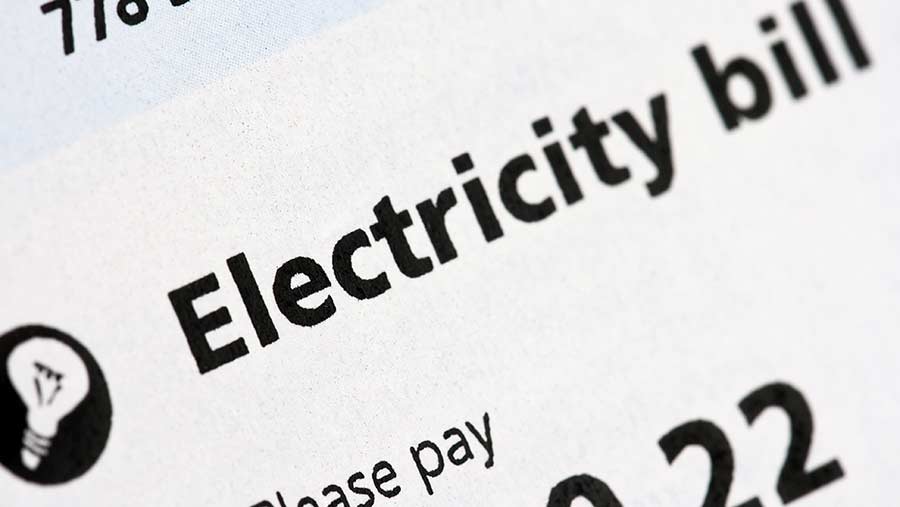Warning over unsolicited calls about electricity contracts
 © Adobe Stock
© Adobe Stock Farmers are being targeted by opportunistic energy brokers using high-pressure phone sales tactics to get them to agree to expensive new electricity contracts.
NFU Energy says it is aware that some of its customers have been receiving unsolicited calls from brokers, some claiming to work for NFU Energy, urging them to agree to contracts which are unfavourable and offer very poor rates.
A common tactic is to tell the customer their current contract will default to higher charges, unless they take the slightly better – although still very uncompetitive – prices they are being offered.
See also: How to get the best deal on farm electricity contracts
The issue is particularly worrying as anyone who answers the phone is a potential target.
Most energy suppliers accept verbal contracts, which are deemed to be legal, and there is usually no cooling off period offered.
Although technically it should be made clear during the call that farmers are entering into a binding contract, NFU Energy says this is not always obvious and so people end up entering into an agreement they did not realise they were accepting.
Written information
Jodie Hisgett, head of contract sales, said her advice was that anyone who is being pushed to agree to prices that they did not request should simply end the phone call.
“If you have any doubts, then ask them to email or post the information to you and say you do not want to agree to anything over the phone,” she said.
“All brokers have the ability to send you a contract to sign – don’t be pushed into agreeing verbally if you don’t want to.”
Ms Hisgett added that anyone looking to enter into a new electricity contract should first do some background checks on the broker, and if possible use one that has been recommended to them.
“They should confirm that the rates are fully fixed and inclusive of third party costs and the broker should be comparing the rates of several suppliers,” she said.
NFU Energy has offered the following tips to help avoid being caught out:
- Be especially wary if you were not expecting a call. They may tell you they are calling on behalf of your supplier or even NFU Energy, which isn’t always true. If you suspect anything, hang up and call NFU Energy back direct (024 7669 8885) or contact your current supplier using the number on your bill.
- It is unlikely that your supplier would phone you directly to discuss your renewal. Most will simply send you a letter or email.
- Just because the caller has your address or meter details this does not mean they’re working with your supplier. These details are public on the energy database and can be accessed by most brokers.
- Ask them to confirm your supplier account number or NFU membership number. If they do not have this, they’re not genuinely calling from NFU Energy or your supplier.
How to reduce energy costs this winter
Now is a good time to assess where energy savings might be possible on the farm, according to Thomas Wilkins, senior engineer for NFU Energy.
He suggests taking a walk around at different times of the day to do a physical check of processes, equipment and buildings.
Simple steps to cut costs including replacing tungsten halogen and old-style fluorescent lighting with LEDs, which can save up to 80% of running costs.
Dirt can reduce a fan’s efficiency by up to 60% and obstructions in air ducts can also decrease efficiency by up to 20%, so keeping fans and ducts clean is another way to save money.
To minimise energy losses, there needs to be efficient lagging of any pipework and tanks. Mr Wilkins also suggests fitting door curtains or automatic doors to stop them being left open inadvertently.
Buying your electricity cheaper is another tactic. “If you have been with the same energy supplier for more than a couple of years, chances you’ll be paying too much, so shop around,” he says.
Both electricity and gas prices have been extremely volatile this month, following the announcement of the second Covid-19 lockdown. While news of the lockdown initially prompted a fall in electricity and gas prices because of reduced demand, this has since been offset by colder weather and reduced supplies.
